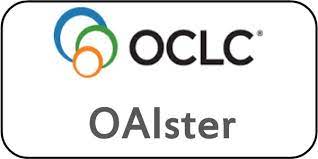Expert Consensus on Effective Utilization of Patient- Centered Insulin Therapy in Nepal
DOI:
https://doi.org/10.59793/5drbe489Keywords:
Type 2 diabetes mellitus,, insulin,, patient-centered,, NepalAbstract
Diabetes presents a significant public health challenge in Nepal, compounded by its diverse
topography and cultural beliefs. Despite a historical emphasis on patient-centered care, which
fosters unity among physician, patient, drug, and caretaker, effective diabetes management
is hindered by lack of awareness, cultural preferences for alternative therapies, and limited
health care resources. Addressing these challenges requires a consensus to optimize insulin's
historical significance, marking a century as the first antidiabetic agent. Although advancements
have been made, a gap persists in understanding, awareness, and utilization of insulin among
Nepalese physicians, necessitating tailored management approaches. A consensus meeting of
leading experts and diverse advisors from Nepal highlights the need for collective guidelines
to optimize insulin usage. Nepalese patients often exhibit reluctance towards insulin therapy,
stemming from concerns about its complexity and efficacy. Blood glucose monitoring is vital for
guiding insulin regimens, especially in critically ill patients, with the SECURE model offering
a comprehensive management approach. Tailoring insulin regimens to individual lifestyles
enhances treatment adherence and overall efficacy. A patient-centered approach is paramount in
optimizing diabetes management in Nepal. Through collective agreement and guidelines, health
care professionals can improve their knowledge and confidence in insulin therapy, leading to
better patient outcomes and public health.










